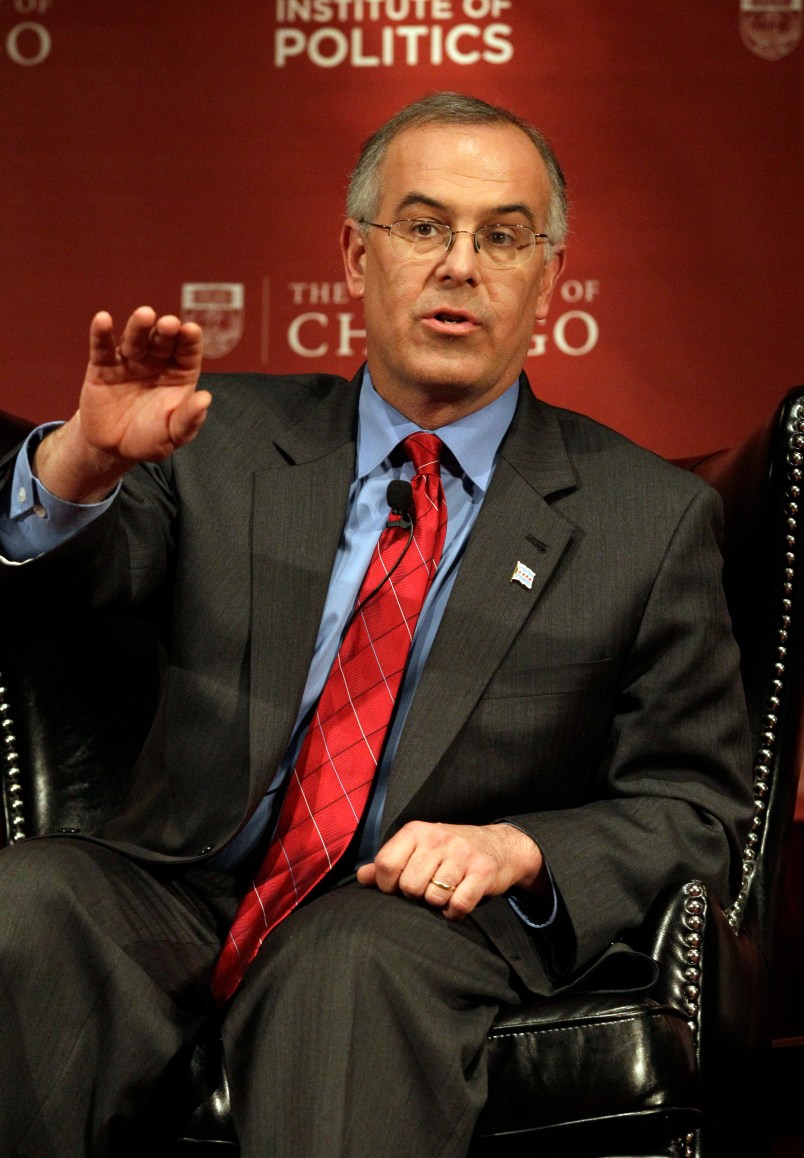David Brooks thinks the income inequality debate is totally missing the point.
In his column Friday, Brooks wrote that the whole issue has been “misconceived.”
For starters, stop blaming the rich.
At the top end, there is the growing wealth of the top 5 percent of workers. This is linked to things like perverse compensation schemes on Wall Street, assortative mating (highly educated people are more likely to marry each other and pass down their advantages to their children) and the superstar effect (in an Internet economy, a few superstars in each industry can reap global gains while the average performers cannot).
And enough with the calls for raising the minimum wage.
The primary problem for the poor is not that they are getting paid too little for the hours they work. It is that they are not working full time or at all. Raising the minimum wage is popular politics; it is not effective policy.
As Brooks sees it, the framing of the income inequality issue “needlessly polarizes the debate,” which he said should be more focused on single mothers and, one his favorite tropes, “the fraying of social fabric.” Brooks argues that too many young men “are engaging in behaviors” — smoking pot? — “that damage their long-term earning prospects.”
Dean Baker over at the Center for Economic and Policy Research made quick work of these arguments, pointing out, among other things, that Brooks cited an outlier study to support his opposition to raising the minimum wage and that empirical evidence indicates that the “social fabric” is not exactly in tatters.
Baker also wrote that it’s misleading to lump the top one percent of income earners with the next four percent.
First, it is just wrong to attribute the run away wealth and income at the top to five percent of the work force. Those in the 95th to 99th percentile are roughly getting their share of the growth of the economic pie. It is only the top one percent and primarily the top 0.1 percent who are really pulling away.
And Brooks has seriously misrepresented the causes of their runaway wealth. His “superstar” story depends largely on changing rules in ways that support this concentration of income and wealth. For example, we have had the lengthening and strengthening of copyright laws. Strict enforcement of these government granted monopolies is very important for concentrating wealth in the modern economy because the Internet would otherwise let everyone have copies of everything at no cost.






